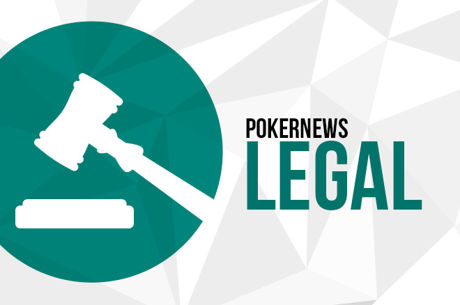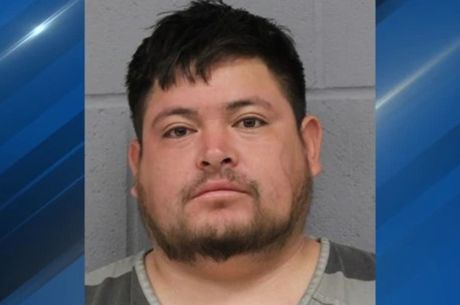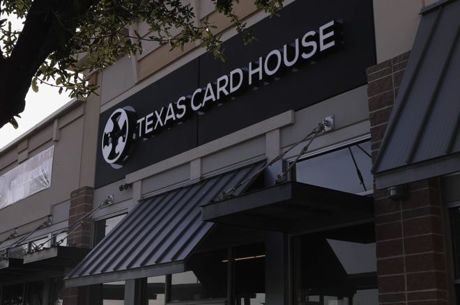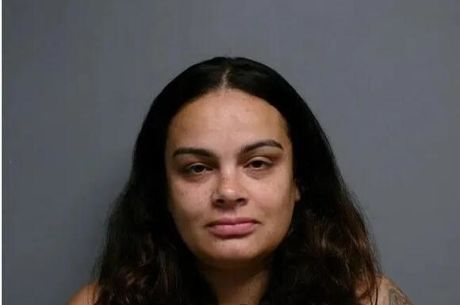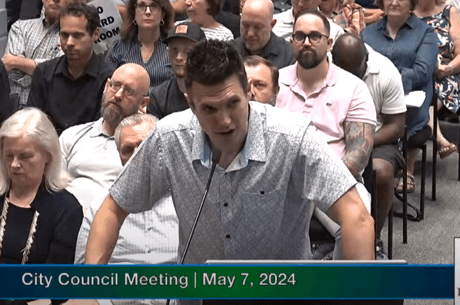Pennsylvania Bill Could Fill Budget with Online Gaming
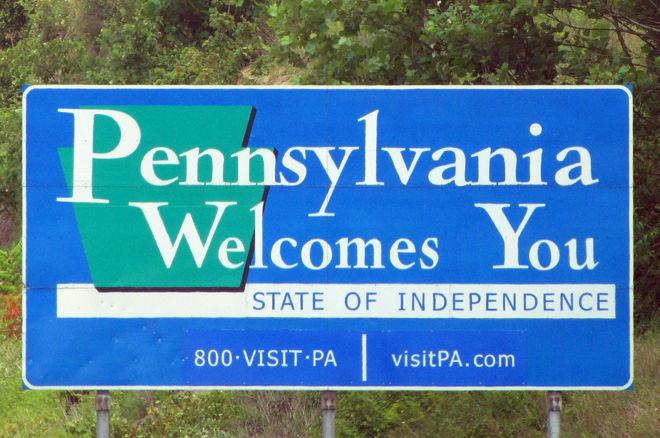
Pennsylvania Sen. Jay Costa believes that this time the state Senate is ready to address the issue of online gaming.
Last year, the House passed a comprehensive gambling expansion package twice, once on its own and then again by attaching it to the local share tax fix that came from the Senate.

Each time, the Senate perplexingly showed no interest in moving on internet gaming despite needing to pass legislation to fulfill the $100 million earmarked in the budget.
In a phone interview with PokerNews, Costa explained that the Senate was never punting on iGaming but rather taking its time as allowed by the budget deadline. The legislature has until June 30 to fund the budget, and since the first-year revenue projected out of iGaming is primarily through upfront fees, there isn't much time required to meet the allocation.
��I think the resistance was a lot of folks not happy with the scope of what the House was trying to get done,�� Costa said. ��The idea was since we had until June 30 to collect the $100 million needed from iGaming, there was no need to pass for the sake of passing until we had the opportunity for a full-blown conversation. If we did it, we wanted to do it right �� and that's what we're trying to do.��
Costa's yet-to-be officially introduced bill in the Senate differs from the House bill of last session most in that it has a higher tax rate and the addition of internet lottery sales. It doesn��t include off-casino video gaming terminals. VGTs were a controversial part of the House bill that Costa contends would have a negative impact on existing casinos.
Costa defended the tax rate of 25 percent, although he admits to receiving pushback. Neighboring New Jersey has been successful with a 15 percent rate, and the former Rep. John Payne spent many hours discussing the issue in committee last year before coming up with a 16 percent rate in the House.
��I believe it can work, though [Monday] I had folks from Caesars in here saying they can't do more than 14 or 15,�� Costa said. ��People told us 55 percent wasn't going to work when we did slot machines. I think it's something these folks will be able to absorb and be successful at the rate we laid out. But it will be a negotiated product at the end of the day and we'll go through that process in the next several months.��
Costa is a Democrat and his Republican counterpart Sen. Kim Ward is also expected to introduce a bill. However, measures that generate revenue need to begin in the House so the Senate bills won't be competing so much as raising ideas for the House legislation.
"We'll work to amend what needs to be amended into the House bill once we reach a consensus.��
��There's no pride of authorship on my part or, I believe, her part,�� Costa said. ��This is going to be a vehicle coming from the House and we'll work to amend what needs to be amended into the House bill once we reach a consensus.��
Rep. George Dunbar, who took the work on internet gaming last year and combined it with daily fantasy sports and other gaming expansions for a larger bill, has taken the lead in the House with similar legislation to what the chamber passed last session.
The deadline for the legislature to fix the local share tax to make sure casino revenue goes to neighboring communities is May 26. Costa said the Senate is looking to get the gaming expansion package done in April.
Costa indicated that the Senate is monitoring what has been said regarding reinterpreting the Wire Act by new attorney general Jeff Sessions. During his confirmation hearing, Sessions said he plans to revisit the 2011 Department of Justice opinion that the Wire Act applies only to sports betting. Such a move could complicate the advance of regulated iGaming.
��Some want us to proceed rather quickly and some want us to take a more thoughtful approach to see what happens at the federal level,�� Costa said. ��We haven't settled that conflict.��
If the Pennsylvania legislature does not pass internet gaming legislation by June 30, it would create a $100 million hole in the budget. Pennsylvania Gov. Tom Wolf expressed optimism this month by including another $150 million in revenue from gaming expansion in his budget proposal for 2017-18 as well. But Costa noted that the 2016-17 budget has already taken many hits.
��We're already looking at a projected $600 million shortfall,�� Costa said. ��It would grow our budget shortfall and it would be difficult to find that additional money. We have physical challenges in Pennsylvania that are pretty significant and not passing a gaming bill would make things a little harder.��



